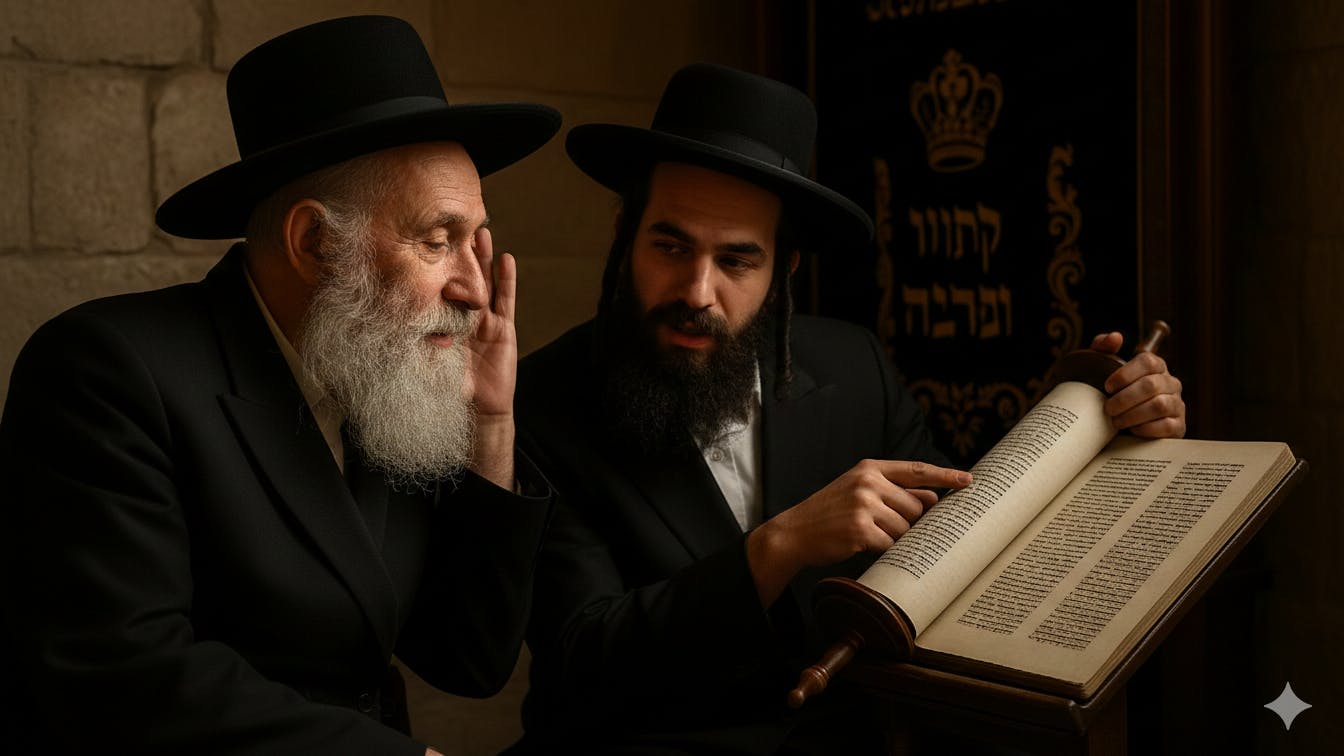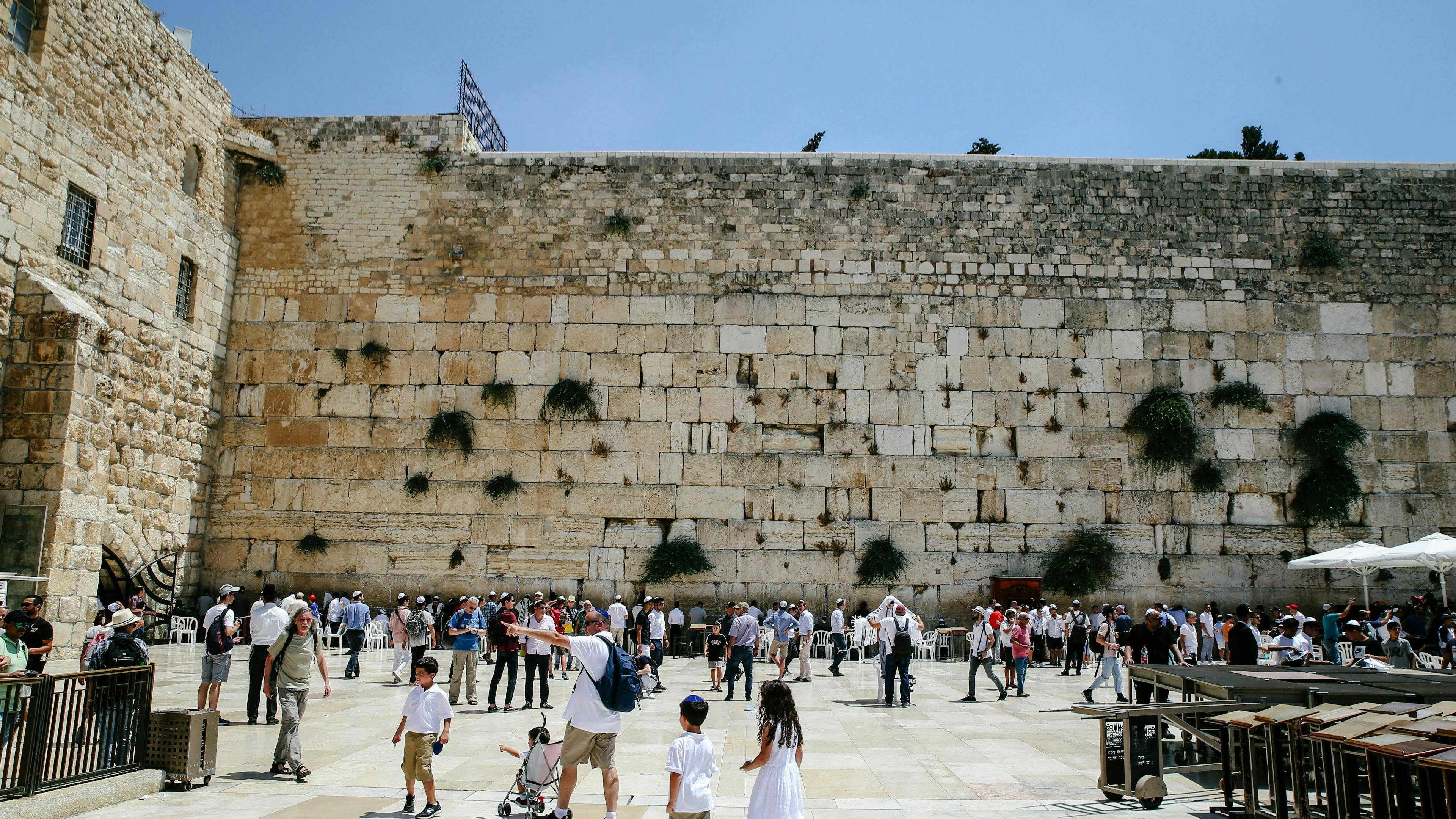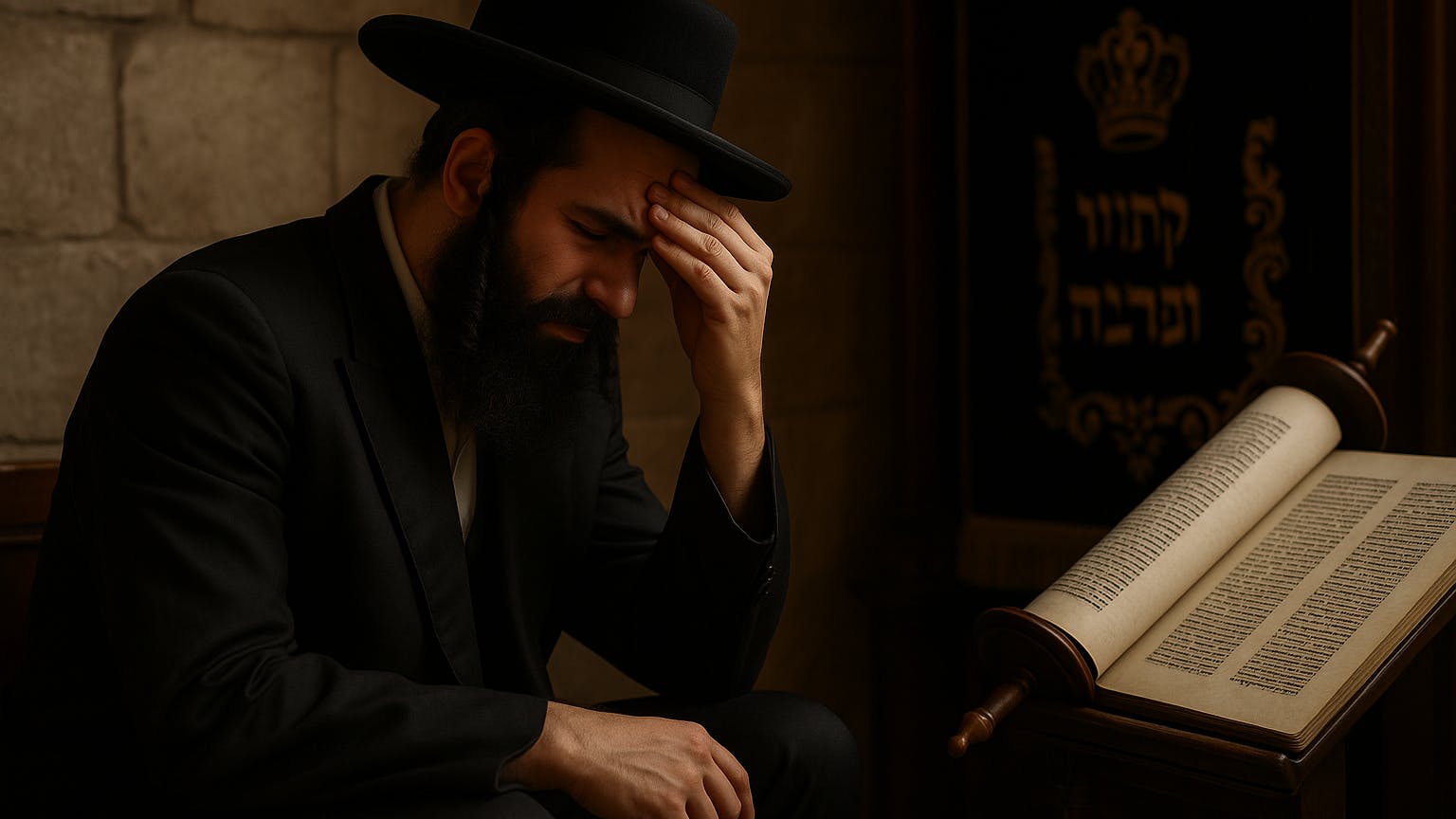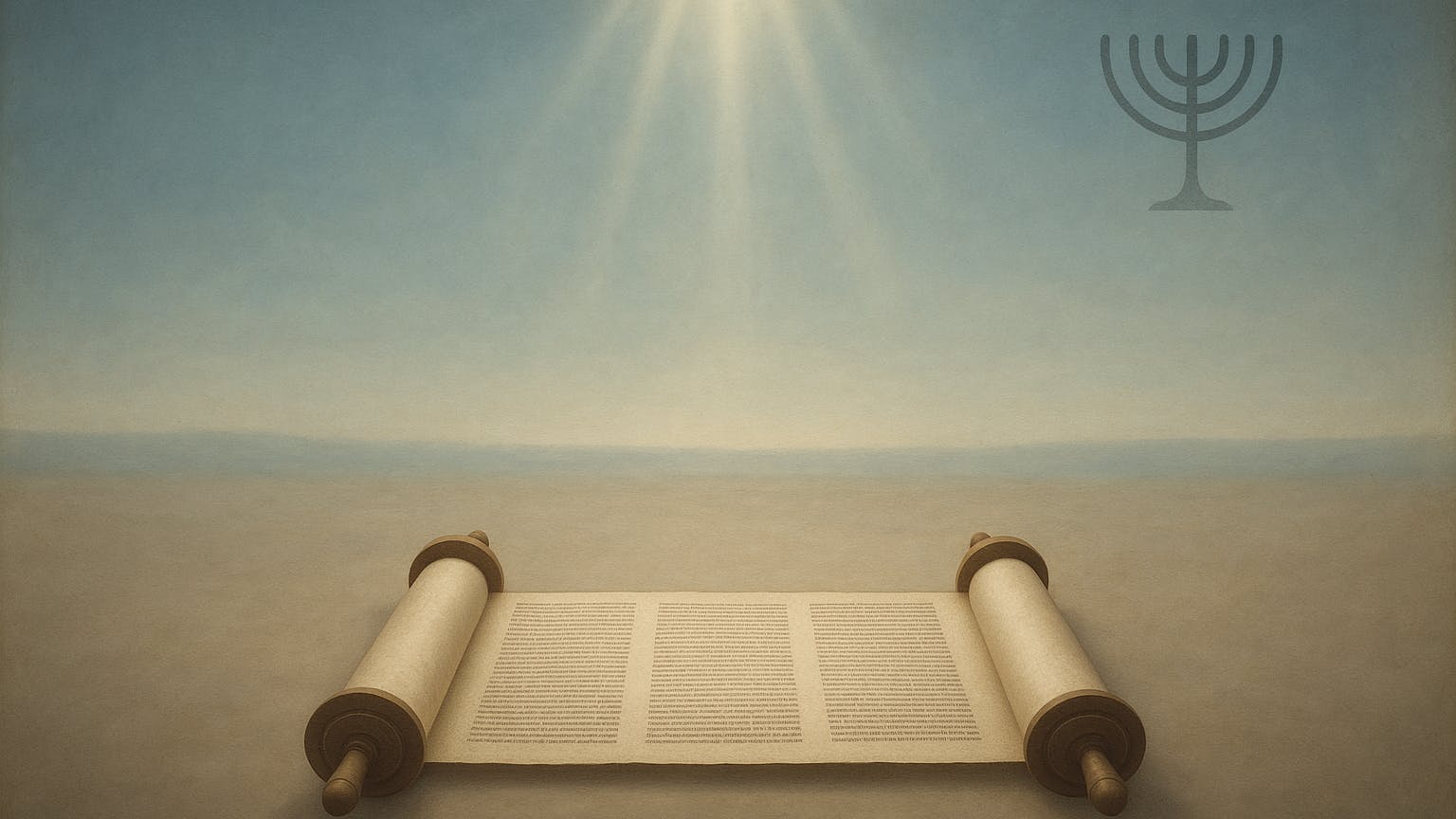Many Messianic prophecies point toward the identity of the long-awaited Messiah. But one verse in particular, stands out as significant.
Micah 5:2 is a verse that, historically, all Jewish religious authorities have agreed is a prophecy regarding the birthplace of the Messiah:
“But thou, Beth-lehem Ephratah, though thou be little among the thousands of Judah, yet out of thee shall he come forth unto me that is to be ruler in Israel; whose goings forth have been from of old, from everlasting.”
We can infer from Micah’s prophecy that the Messiah will be of the tribe of Judah (Genesis 49:10) and born in Bethlehem—a little town located in the southern part of Jerusalem.
Was Yeshua born in Bethlehem? And did He fulfill more Messianic prophecies in His early life? Let’s allow the Tanakh to speak for itself.
Who Said It Was Bethlehem?
You might have been taught that Yeshua was born in Nazareth, but, in reality, Yeshua only grew up in Nazareth. He was born in Bethlehem.
This was because of a mandatory census decreed by Caesar.
Joseph, Yeshua’s legal father, returned to his own town, Bethlehem, to register for the census, because he was of the lineage of King David (Genesis 49:10 and Matthew 1:17).
An account of this census is documented in Luke 2:1–4:
"And it came to pass in those days, that there went out a decree from Caesar Augustus, that all the world should be taxed. (And this taxing was first made when Cyrenius was governor of Syria.) And all went to be taxed, everyone into his own city. And Joseph also went up from Galilee, out of the city of Nazareth, into Judaea, unto the city of David, which is called Bethlehem; (because he was of the house and lineage of David)."
Here is where Micah’s prophecy comes into play. Before Yeshua’s birth, King Herod, who ruled over Israel at the time, was visited by wise men from the East, seeking the Messiah, because they saw his star (as was also predicted in the Zohar, in Shemot 101, regarding the birth of the Messiah). This is recorded in Matthew 2:3–6:
Matthew 2:3–6
When Herod the king had heard these things, he was troubled, and all Jerusalem with him. And when he had gathered all the chief priests and scribes of the people together, he demanded of them where Christ should be born.
And they said unto him, In Bethlehem of Judaea: for thus it is written by the prophet, “And thou Bethlehem, in the land of Juda, art not the least among the princes of Juda: for out of thee shall come a Governor, that shall rule my people Israel."
Notice that King Herod asked the chief priests and scribes of the Jewish people about the Jewish Messiah.
Their reply should not come as a surprise; in fact, it was the answer most common and agreed on among the religious leaders at the time: the Messiah was to be born in Bethlehem, as it was written by the prophet Micah.
More evidence of this being true is that the Jews at the temple believed it, too, as seen in John 7:37–42, when they got into a heated debate regarding the origins of the Messiah. Their conclusion is stated plainly in John 7:41:
“Hath not the scripture said, That Christ cometh of the seed of David, and out of the town of Bethlehem, where David was?” (John 7:42)
Those concluding that the birthplace of the Messiah is Bethlehem were not Christians or Messianic Jews, but Torah-observing Jews—priests, scribes, and spiritual leaders.
Other Theories
Other Theories
Some today believe that the Messiah will not be born in Bethlehem and, furthermore do not even consider Micah 5:2 to be a Messianic prophecy.
Were there any Rabbis, priests, or experts of the Torah at that time or in later centuries who disregarded this as a Messianic prophecy? No—quite the opposite.
The common consensus from Jewish biblical commentators and philosophers, such as Ibn Ezra (11th century), Moshe Alshich (16th century), and the Malbim (18th century), was that Micah 5:2 and other related chapters in the book of Micah speak of the Messiah.
Could it be that the allergic reaction of some current-day Rabbis to the possibility of Yeshua being born in Bethlehem is so severe that they are willing to ignore even the opinions of the many trusted and esteemed Rabbis who came before them?
That is certainly a question worthy of a debate. Still, we ask that your conclusion come first and foremost from the Tanakh.
Another theory has risen, claiming that Yeshua was not born in Bethlehem Ephratah, but Bethlehem of Galilee.
Some conclude this because Bethlehem of Galilee is close to Nazareth, where Yeshua was raised most of His life. But this clearly could not be, since Micah speaks of “Bethlehem Ephratah”, not “Bethlehem of Galilee.”
And the prophecies don’t end there.
Herod, feeling humiliated by the wise men, who did not return to tell him of the Messiah’s whereabouts, was threatened and disturbed by the birth of the Messiah and the implications it would have for his rulership. Hence, he commanded every child aged two and under in Bethlehem to be killed, fulfilling Jeremiah’s prophecy in 31:15:
Jeremiah 31:15
Thus saith the LORD; “A voice was heard in Ramah, lamentation and bitter weeping; Rachel weeping for her children refused to be comforted for her children, because they were not”
Think For Yourself
Looking at the evidence proven by the prophecies in the Tanakh and New Testament scriptures might not be enough to convince you of the legitimacy of Yeshua as the Messiah, or even for you to conclude that the Messiah was/is to be born in Bethlehem. But we want to offer you something you might never have considered before: the chance to read and research for yourself.
Now that we have established the where, we are free to explore the why. We believe that every detail in the Tanakh, especially the Messianic prophecies, were hand-placed by G–d so that we would recognize the Messiah He sent for our sakes.
In the records of His life and death, you will discover that every prophecy is fulfilled in Him and that He was born into this world, lived, and died to save sinners—so that those who believe can receive eternal salvation through Him.
If you want to know more about the Messiah prophesied about by Micah, and why He came to the world, we offer the Delitzsch version of the New Testament for free, so you can do your own research, compare it with the Tanakh, and ask G–d to give you the understanding you need.
If you want to know more about the Messiah prophesied about by Micah, and why He came to the world.
More Topics
You might alsoo be interested in these topics.




